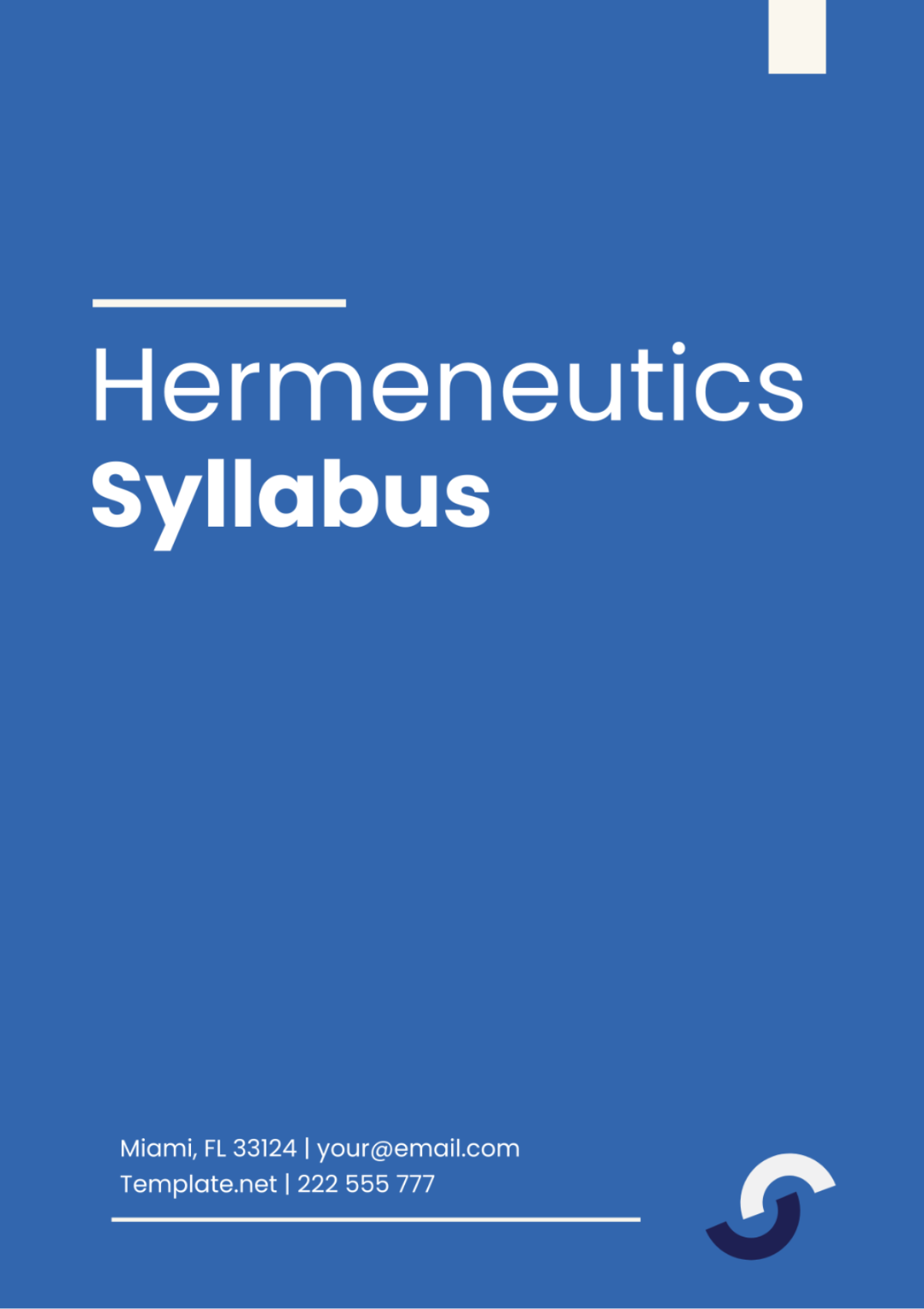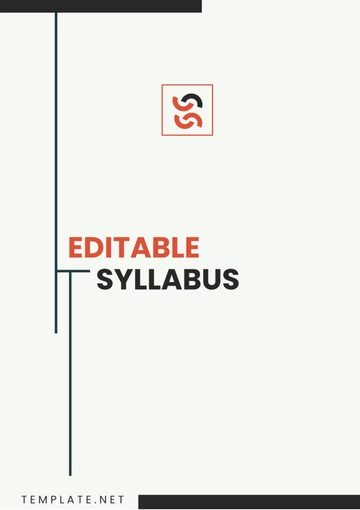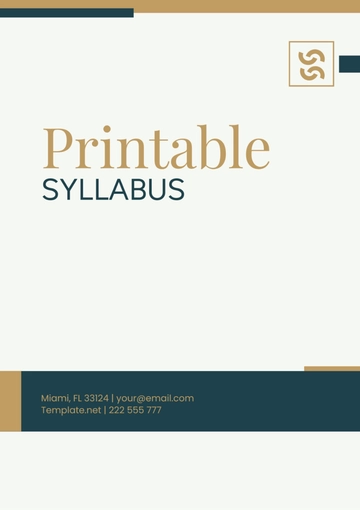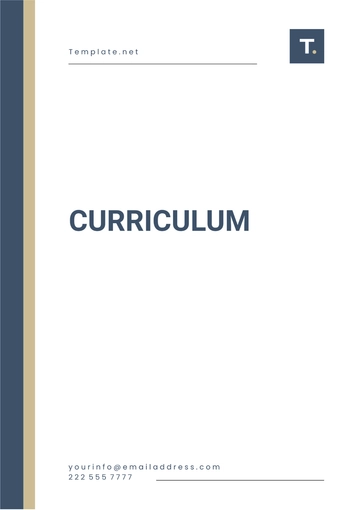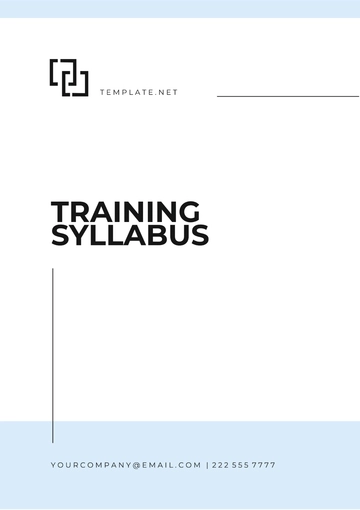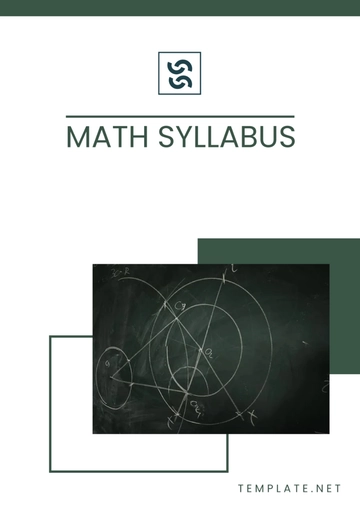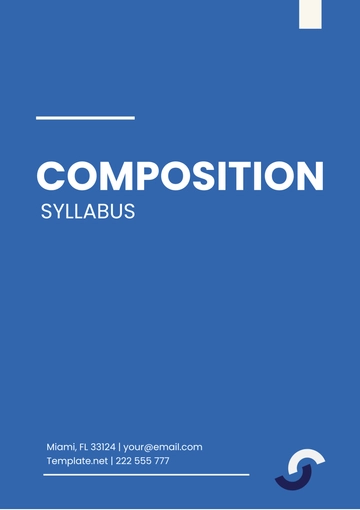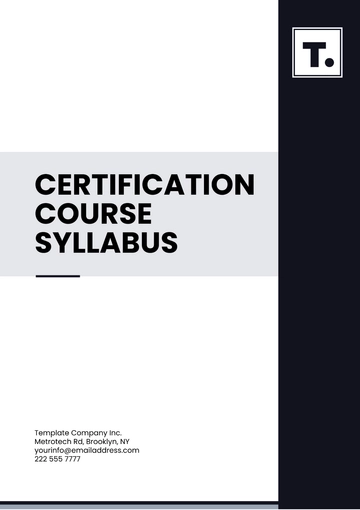Hermeneutics Syllabus
Hermeneutics Syllabus Course
Course Title: | [COURSE TITLE] |
Credits: | [CREDITS] |
Instructor: | [INSTRUCTOR] |
Schedule: | [SCHEDULE] |
Location: | [LOCATION] |
Textbook: | [TEXTBOOK] |
Description: | [DESCRIPTION] |
Assessments: | [ASSESSMENTS] |
Grading: | [GRADING] |
Office Hours: | [OFFICE HOURS] |
1. Course Description
This course explores the theory and practice of hermeneutics—the art and science of interpretation—applied to biblical texts and other literature. We will focus on understanding the historical and literary context of the texts, with an emphasis on the process of interpretation.
2. Instructor Information
Professor [YOUR NAME],
PhD. in Hermeneutics. For any queries, kindly contact me at: [Your Email]
3. Learning Objectives
Understand the fundamental principles of hermeneutics.
Apply hermeneutical principles to interpret biblical texts and other literature.
Recognize the historical and cultural context of different texts.
Critically analyze interpretations and their implications.
Engage in informed, respectful discussion about diverse interpretations.
4. Course Schedule
Week | Topic | Reading |
|---|
1 | Introduction to Hermeneutics | Introduction to Hermeneutics Understanding Interpretation The History of Hermeneutics
|
2 | Hermeneutical Methods | |
3 | Applied Hermeneutics | Hermeneutics in Practice: Exegesis Interpretation of Parables and Metaphors Hermeneutics in Contemporary Contexts
|
5. Required Reading and Materials
Thiselton, A. C., "Hermeneutics: An Introduction"
Palmer, R.E., "Hermeneutics: Interpretation Theory in Schleiermacher, Dilthey, Heidegger, and Gadamer"
Porter, S. and Robinson, J., "Hermeneutics: An Introduction to Interpretive Theory"
Inductive Bible Study: A Comprehensive Guide to the Practice of Hermeneutics by Bauer, D. R., and Traina, R. A..
Introduction to Hermeneutics by Grondin, Jean
6. Assignments and Assessments
Weekly Reading Reflections
Textual Analysis Reports
Group Interpretation Projects
Midterm Interpretation Paper
Final Interpretation Presentation
7. Course Policy
All assignments should be submitted before the due date. Late submissions may incur a grade penalty.
Academic integrity is strictly upheld. Any instance of plagiarism or dishonesty could result in failing the course.
All readings are required and should be completed prior to the class they are assigned for.
Participation is crucial and students are expected to actively contribute to class discussions.
Respectful behavior and open-mindedness towards others' ideas are expected at all times.
8. Grading Policy
Assessment Component | Weight |
|---|
Weekly Reading Reflections | 20% |
Textual Analysis Reports | 20% |
Group Interpretation Projects | 20% |
Midterm Interpretation Paper | 20% |
Final Interpretation Presentation | 20% |
9. Disclaimer
This syllabus is subject to change. Changes, if any, will be announced in class and communicated via email. Please contact the instructor if you have any concerns or questions.
Syllabus Templates @ Template.net
